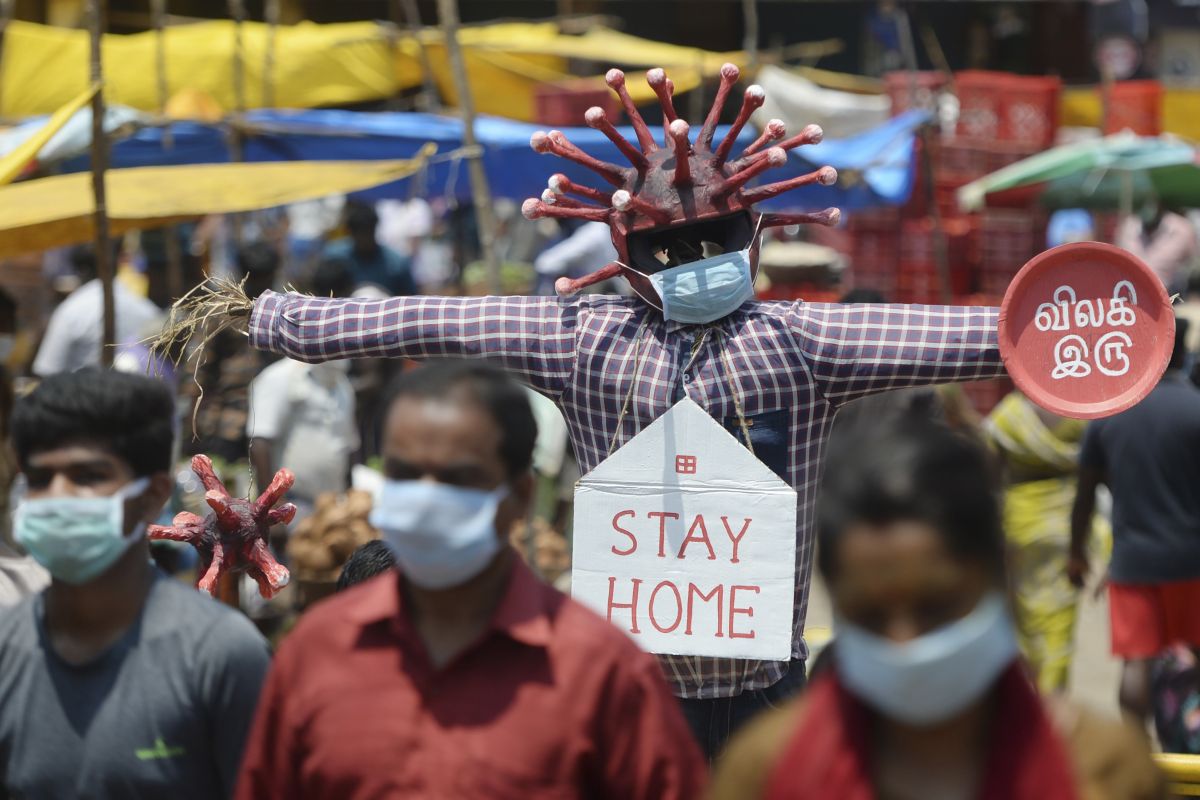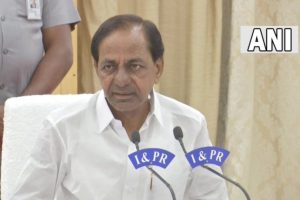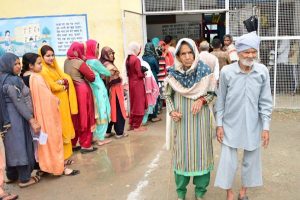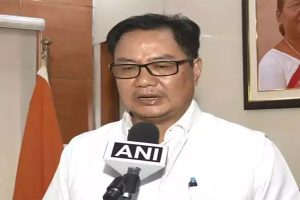Soon after procuring rapid antibody test kits, the Delhi government on Sunday began testing people for coronavirus in various containment zones spread across the city, officials said. Delhi Health Minister Satyendar Jain on Saturday said the AAP government has acquired 42,000 such kits.
The rapid antibody tests were initiated in Delhi on Sunday for all the containment zones across the national capital, the officials said. The number of containment zones in Delhi on Saturday had increased to 76, with eight new zones being added in various areas in one day.
The total number of coronavirus cases in the national capital on Sunday crossed 2,000. Two kinds of diagnostic tests are being currently prescribed for use in India, the RT-PCR test and rapid antibody test, as per global health norms.
A reverse transcription polymerase chain reaction (RT-PCR) test is a laboratory technique combining reverse transcription of RNA into DNA that detects the virus while the antibody tests, which use blood, detect the body”s response to the virus.
In rapid antibody test, the result will be positive only if the antibodies have been generated. So, even if a person is infected but the antibodies are not generated, the result will come negative.
RT-PCR test takes time and is a costly affair, because of its elaborate kit. On the other hand, the rapid antibody test is less expensive and the result can come in 20-30 minutes, experts said. Rapid antibody tests are generally used in hotspots where the infection is found concentrated in a given area.
A hotspot is a zone from where a large number of positive cases are reported. Of the total number of 43 fatalities reported in Delhi till Saturday, 24 of the deceased were above 60 years, making over 55 per cent of the total death cases, the authorities said.
Nine of them were aged between 50 and 60 years, and 10 were aged less than 50 years, officials said.
Meanwhile, 31 members of an extended family, including children, residing in north Delhi’s Jahangirpuri area, a portion of which has been declared a containment zone, have tested positive for COVID-19, the officials said.
The civic authorities have carried out mass sanitisation and disinfection drive in hotspot areas in the past several days using drones and other measures.
Door-to-Door surveillance activities are being carried out in identified cluster containment zones, and a total of 1,047 samples have been collected from different clusters and sent for testing, the officials said.
Chief Minister Arvind Kejriwal announced on Sunday, the lockdown restrictions will not be relaxed in Delhi after April 20, pointing out that the number of corona positive cases were on the rise in the city and lifting prohibitions on economic activities may worsen the situation. Kejriwal said the decision will be reviewed after a week.
“I also want to offer relaxations. It is rather easy actually. And if we offer relaxations and the situation worsens, we fall short of ICUs and ventilators and people die in large numbers, we will not be able to forgive ourselves. Keeping the health of people of Delhi in mind, we have decided that as of now there will be no relaxations. We will again assess the situation after a week and offer some relaxations if the situation permits,” Kejriwal said.











